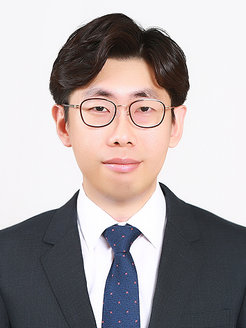The universal pathway to innovative urban economies
Talk by Inho Hong
25 August 2020 at 3.30pm
Venue: web-based

In this talk, Inho Hong introduces his recent paper on the universal economic pathway of US cities. Although urban scaling theory has alluded to the universal pathway recapitulated by individual cities, it was not confirmed by empirical observations. This evolutionary structure—if any—would inform a reference model for fairer assessment, better maintenance, and improved forecasting of urban development. Using employment data including more than 100 million U.S. workers in the entire industry between 1998 and 2013, he empirically shows that individual cities indeed recapitulate a common pathway where a transition to innovative economies is observed at the population of 1.2 million. This critical population is analytically derived by expressing the urban industrial structure as a function of scaling relations. It divides cities into two economic categories: small city economies with sublinear industries and large city economies with superlinear industries. Last, he measures the degree of recapitulation using an agreement between the longitudinal and the cross-sectional scaling exponents, and finds that nontradeable industries tend to adhere to the universal pathway more than the tradeable.

Bio: Inho Hong is a postdoctoral researcher at the Center for Humans and Machines, Max Planck Institute for Human Development. Inho is generally interested in how science and technology interplay with society through complex interactions, with particular interests in social mobilization and the future of work. Inho joined MPIB in March, 2020 after he received his PhD in physics at Pohang University of Science and Technology, Korea in 2019. During his PhD, he focused on the complexity in social systems ranging over scaling theory, human mobility, cities and science of science. Previously, Inho worked as a postdoctoral research fellow at Asia Pacific Center for Theoretical Physics, and worked as a visiting predoctoral fellow at Northwestern Institute on Complex Systems and Kellogg School of Management at Northwestern University.

